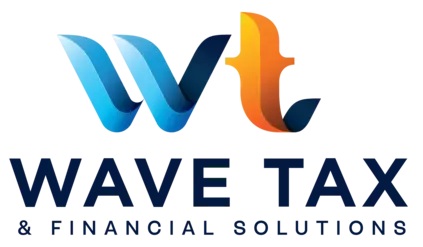With increased job turnover following the “Great Resignation,” more workers are losing track of their 401(k) accounts from previous jobs, resulting in significant costs in fees and lost long-term financial growth.
According to data from Capitalize, in 2023 there were 29.2 million abandoned 401(k) accounts, worth approximately $1.65 trillion in assets, a 20% increase compared to two years earlier.
A report from Vanguard revealed that nearly half of employees leave their funds in old plans when they change jobs, which can result in unnecessary expenses.
You may also read: Senate Confirms Billy Long as New IRS Commissioner: A Challenge Amid Historic Cuts
The Impact of Hidden Fees
A study by the US Government Accountability Office (GAO) found that 41% of workers are unaware that they pay fees on their 401(k) accounts.
Although these costs are usually low, abandoned accounts can generate additional maintenance fees.
An analysis by PensionBee estimates that a monthly fee of $4.55 could reduce retirement savings by nearly $18,000 over time, due to lost capital and compound growth.
But, what to do with an old 401(k)? Workers have several options:
- Transfer the funds to a new 401(k) plan with their current employer.
- Transfer them to an Individual Retirement Account (IRA), although these tend to have higher fees. A study by the Pew Charitable Trusts estimates that rollovers to IRAs could cost $45.5 billion in additional fees over 25 years.
- Withdraw the money, an option not recommended due to tax penalties, but one that 33% of workers choose, according to Vanguard.

How to Recover a Forgotten 401(k) Account
With 25% of assets in abandoned 401(k) accounts, according to Capitalize, it is key to locate these funds. The “Retirement Savings Lost and Found” database, created under the Secure 2.0 Act, helps workers find old plans.
Funds can also be tracked through the National Registry of Unclaimed Retirement Benefits using your Social Security number.
In addition, the Portability Services Network, an initiative of 401(k) plan administrators, promotes the automatic portability of accounts with balances under $7,000 when changing jobs, preventing their loss or liquidation.
Maintaining old 401(k) accounts can be costly, so experts recommend consolidating or transferring them to maximize retirement savings.
Updating contact information and using available tools are key steps to avoiding financial losses.
🔎 If you need advice on retirement plans, don’t hesitate to contact us. At Wave Tax, we’re here to support you.

